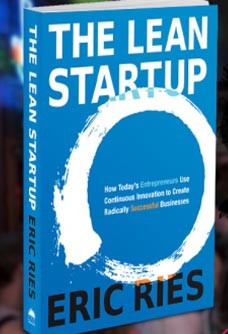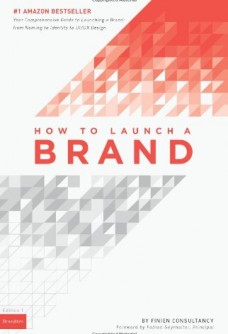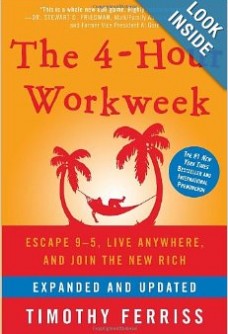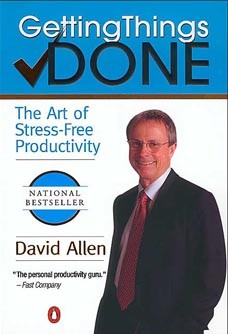The Lean Startup is one the first books I recommend to aspiring entrepreneurs that ask me for advice. Throughout the book, Eric Ries shares his Lean Startup methods that he originally learned through his experience developing IMVU, a 3D social network where users can maintain personalized avatars, chat, and play games with other users.
There are five main principles that Eric Ries outlines in his Lean Startup Methodology.
First of all, he says entrepreneurs are everywhere. Anyone can be an entrepreneur; it just takes the right mindset. There is a lot of competition out there (most startups fail within their first five years). You need to keep aware of your surroundings and need to know the right time to pivot to new strategic directions. At the end of the day, it is important to distinguish between a successful product/service and being successful yourself. Many products/services will fail, but if you persevere, you will learn from these failures and eventually you will succeed.

The second principle is entrepreneurship is management. A business is not only to have a product/service to sell to people, but it also is an institution. Entrepreneurs need to understand the process of managing both human resources and financial resources. Ries outlines that a common reason for failure is that businesses have nothing more than standard general management tools for evaluating the success. So if you are planning to build your own business, don’t overlook the management side of things.
The third principle focuses on the fact that startups exist not to make stuff, make money, or serve customers. They exist to learn how to build a sustainable business. Ries calls this validated learning. Intuitively this doesn’t make sense since we are conditioned to think that serving customers and making money are the top goals of any business. However, it makes sense that to build a successful business means to learn how to maintain it. After all, you may make money and make your customers happy in the short run, but if you can not maintain your level of profitability and customer satisfaction, your business will fail along with the majority. As Robin Sharma says in his book The Monk Who Sold His Ferrari, practice kaizen, the Japanese concept of continuous improvement. Learn while building your business so that you can sustain it!
The next principle is called innovation accounting. Ries suggests that startups need to focus on the boring stuff: how to measure progress, how to setup milestones, how to prioritize work. You should always know how you are doing financially and how your business is doing relative to clear goals that have been set. This will make sure you are on the right track to success.

Innovation Accounting is a big part of the measure step of the fifth principle titled: Build-Measure-Learn. This principle talks about an ongoing cycle that exists in creating a business. The cycle for an entrepreneur is to come up with an idea, build it out, measure to see if the idea is a success (looking at its customers, competitive environment, etc), learn from mistakes, then start the whole cycle again by building a new version of the existing idea that has been pivoted based on the first cycle. Sooner or later, your idea will be the leading product/service in your industry 🙂
Overall, I highly recommend this book. If you have recently started a business or are looking into starting a business, pick up a copy of The Lean Startup. It will definitely help you!




